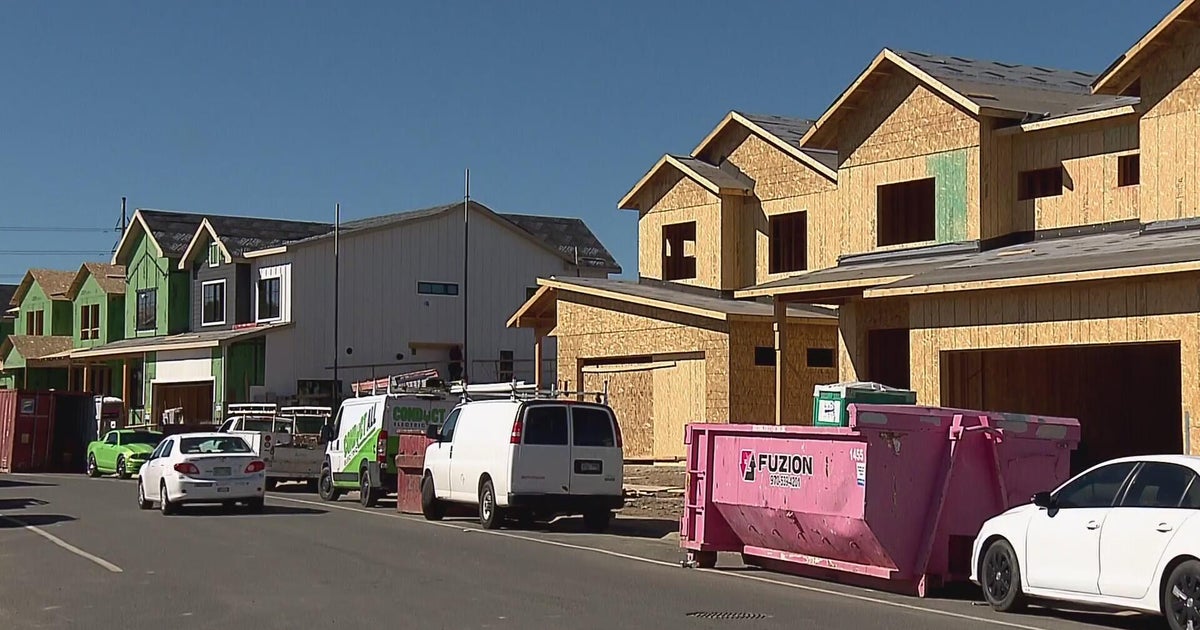As home prices climb, what buyers need to remember
If it seems like home prices are back to trending ever higher, that's because they are. The median price of an existing home rose to a record $252,800 in May. That's naturally prompting many people to wonder if this is housing bubble 2.0?
It's probably not. Despite the new records for prices, they aren't likely to fall in the spectacular fashion as they did starting in 2007. The consensus forecast is that real estate prices will likely grow over the next several years at a 1 percent to 4 percent annual rate, thanks mostly to healthy labor markets, low mortgage rates and tight inventories of available homes for sale.
Still, buyers today would be well served to avoid the mistakes so many Americans made during last decade's home price bubble. Here are a few of those hard lessons that today's homebuyers should keep in mind.
The key to making a good buying decision is to have good information. And in today's market, buyers need more information than ever before.
Start with research online, and do lots of it. Sites such as Zillow and Realtor.com put the information you'll need right on your smartphone or tablet. Make a note of the median and average selling price of homes in your area, how much homes in your price range have appreciated in value over the past several years and how fast homes sell once they hit the market.
Also, visit a local real estate agent and ask her to compare the information you come up with from your searches.
You'll also want to know the home price-to-income ratio in your local market. If the median home price is $240,000 and the median income is $80,000, the ratio is three, which is reasonable.
But if the median home price in your local market is $450,000 and the median income is $80,000, that ratio is over five. That's an indication that home prices relative to incomes may be too high and are unsustainable, may stagnate or head lower.
Owning a home involves taking on a substantial amount of debt and responsibility, which could mean adjusting your lifestyle, especially if you've been renting. How much house you can buy depends on two things: how much you have for a down payment and your income. Banks, mortgage lenders and realtors will offer to run your numbers and tell you what you could afford to buy and the mortgage you could carry.
Their estimates are usually based on two important ratios.
The housing expense, or front-end, ratio shows how much of your gross monthly income would go toward your housing costs. As a general guideline, your monthly payment -- including loan principal, interest, real estate taxes and homeowner's insurance -- shouldn't exceed 28 percent of your gross monthly income.
To calculate your housing expense ratio, multiply your annual salary by 0.28 and divide by 12. The answer is the maximum monthly housing expenses you should incur. So if your annual income is $70,000, you should be able to pay about $1,650 in monthly housing costs and thus afford to buy a home at the current median price of $252,800.
The total debt-to-income, or back-end, ratio shows how much of your gross income would go toward all your debt obligations, including mortgage, car loans, child support and alimony, credit card bills, student loans and condominium fees. In general, that amount shouldn't exceed 36 percent of your gross income.
To calculate your debt-to-income ratio, multiply your annual salary by 0.36 and divide by 12. The answer is your maximum allowable monthly debt payments.
Finally, factor in costs for maintenance and repairs before you buy. A general rule is that total housing expenses shouldn't exceed 25 percent of your gross income. With about a quarter of your gross income going toward home expenses and another 25 percent going to income taxes (federal, state and Social Security), you have just 50 percent of your income to live on, save for retirement, kids' education, etc.
Clearly, that math didn't work for a lot of homebuyers in the 2000s, so be sure it doesn't happen to you now.



